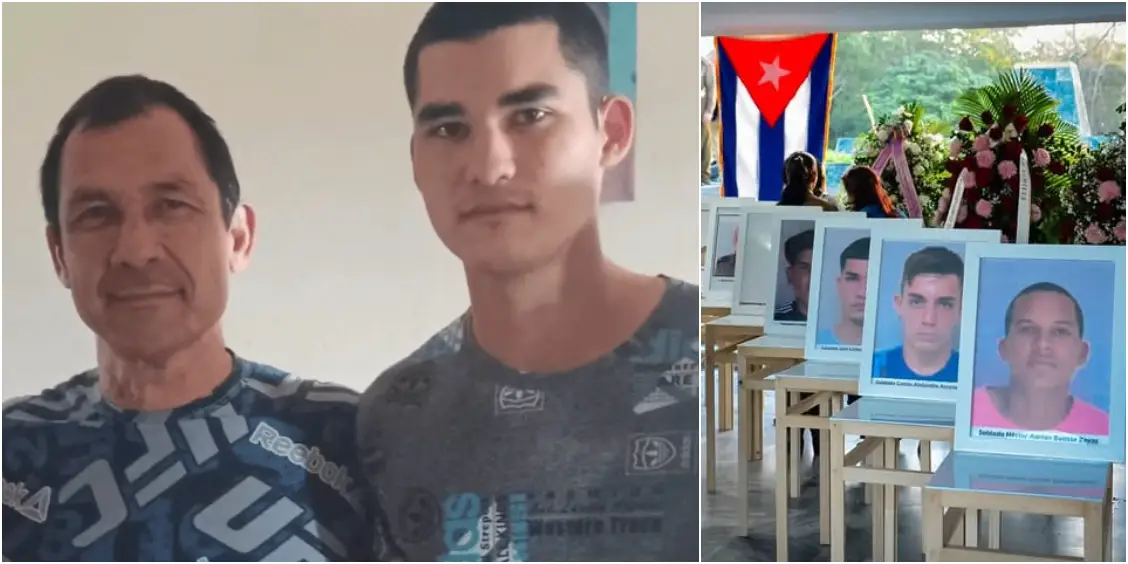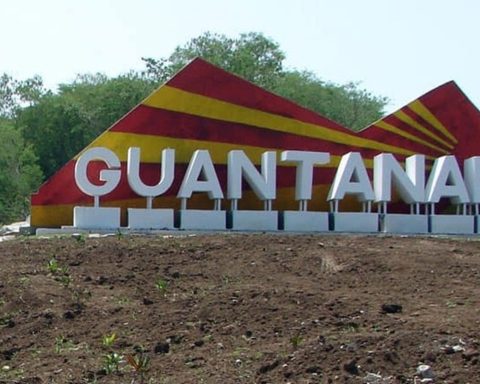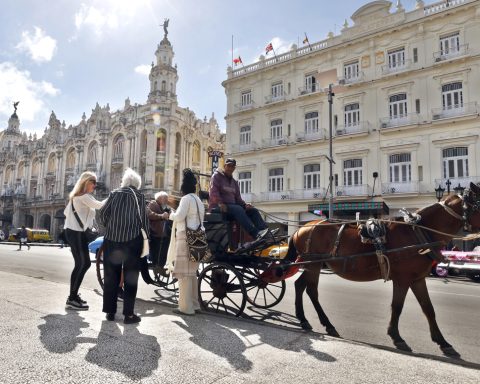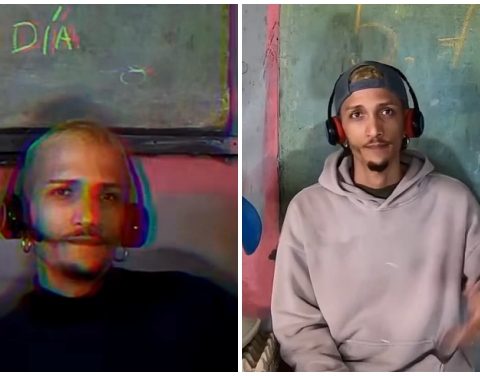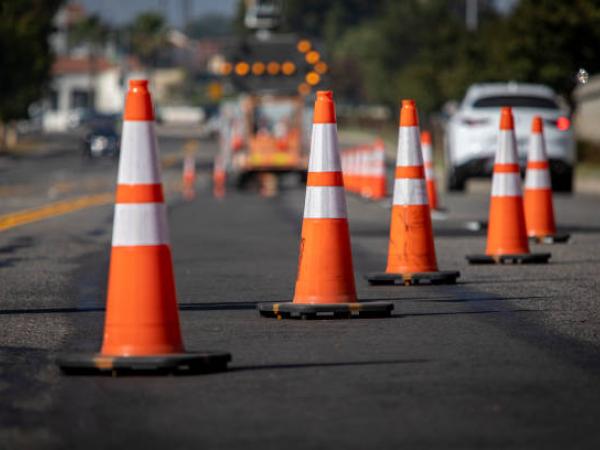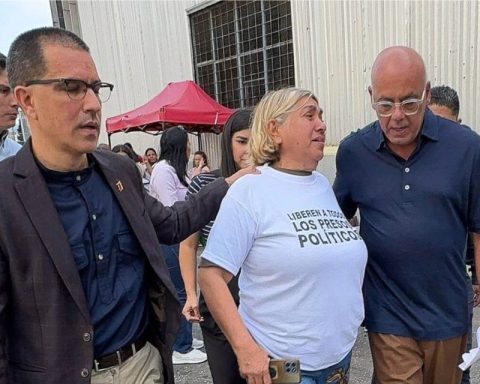HAVANA, Cuba. – Julio César Guerrero Batista, father of one of the recruits who died as a result of the explosion of the military warehouse in Melones (Holguín), reported having suffered “contempt” and “humiliation” by the authorities during the most recent military ceremony dedicated to the victims of the accident.
Guerrero Batista—father of José Carlos Guerrero Gracía, one of the 13 officially declared dead—offered details on his Facebook account: “Once again I realize the contempt felt for ordinary Cubans, the first thing they did was putting my wife and my 17-year-old son and me through a metal detector all over our bodies as if we were criminals, without respecting our pain.”
The father explained that, after this control, they were taken to a room “under the Plaza [de la Revolución Calixto García, de Holguín]”, where they were prohibited from maintaining contact with the rest of their relatives: “At that moment they cut off all communication with the families who were hoping to participate with us.”
He also regretted that his relatives were not even allowed to put flowers on the victims.
The ceremony was carried out with restrictions that, according to Guerrero Batista, prevented any approach between the victims’ relatives and the place of the event. “After putting flowers on our children, they immediately took us to the same room and half an hour later we were on our way to our municipality,” she said.
Finally, the father closed his complaint with a strong criticism of the way in which the authorities managed the ceremony and contact with the relatives, who were barely offered the possibility of saying goodbye to their loved ones. “What they did to my family and the other families of the victims of the explosion at the Melones Military Unit in Holguín is humiliating,” he emphasized.
Guerrero Batista’s claim adds to his previous complaints about the lack of clear explanations surrounding the explosion that occurred on January 7. In a previous poston January 15, had described the official version as a “big lie” and demanded a search for the bodies: “I tell you and I demand [que] My son’s body and others are found. (…) I want my son’s body.”
His statement took place just one day before the FAR Ministry published on its official Facebook page a note in which he declared the 13 Cubans missing in the accident on January 7 as deceased.
After several days of supposed investigation, it was determined that the probable cause of the accident had been an electrical failure due to a short circuit within the facility. According to the official note, the resulting explosions generated an “extremely complex” environment, with accumulated gases, severe structural damage and risk of collapses, which has prevented access to the site where the victims who “faced the incident to prevent its spread” are located. .
Among the deceased, nine were young Military Service recruits without the experience to handle an emergency of this nature and forced to be there by the mandatory nature of the Military service.
On the same day of the incident, January 7, MINFAR reported that 13 people were missing. The information was limited to a list with the names of the missing (two with the rank of major, two second non-commissioned officers; and nine identified as “soldiers” who were serving the Military service).
The brief note at that time only added that his relatives had been informed and investigative actions at the scene of the incident continued.
“They have not searched at any time. They told the relatives that they could not do it because they could cause more explosions and they could not risk more lives, and they had to wait 72 hours,” he told a week ago. CubaNet Jesús Antonio, uncle of recruit Liander José García Oliva, 19 years old.
“[El miércoles 8 de enero] They went to the parents’ house and reported that there was no chance of life, that if anyone was alive they would have already tried to leave. It hurts me because they were left for dead without looking for them,” he added.
In August 2022, a large fire at the Matanzas Supertanker Base ended the lives of 17 firefighters. The flames spread to several warehouses and lasted for seven days.
Among the fatalities, four young people died – between 19 and 21 years old – who were not professional firefighters, but rather were performing Active Military Service and barely had the experience to act in such a scenario.
The Cuban Government does not publish information on the subject, nor does it even mention it. Given this information gap, CubaNet has built your own database which includes more than 40 cases of young people who left their homes for military units and never returned to their families.
